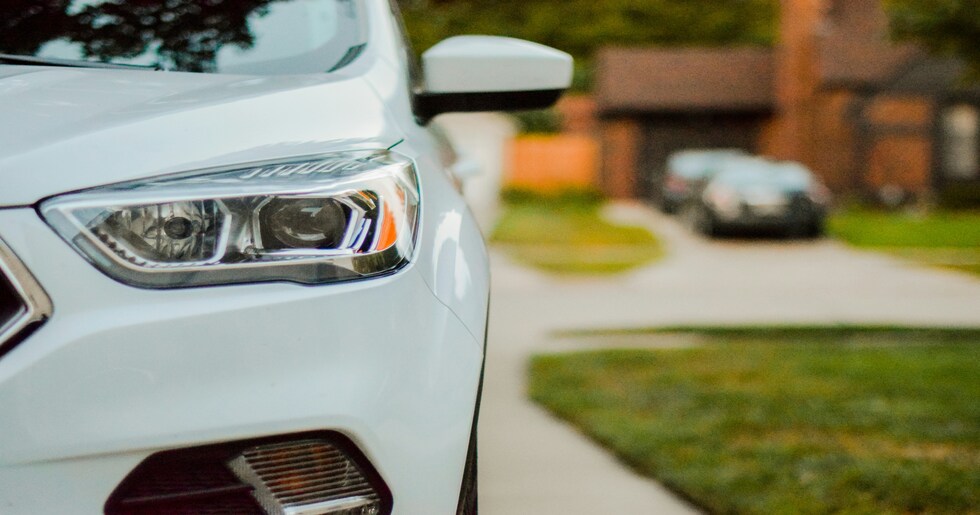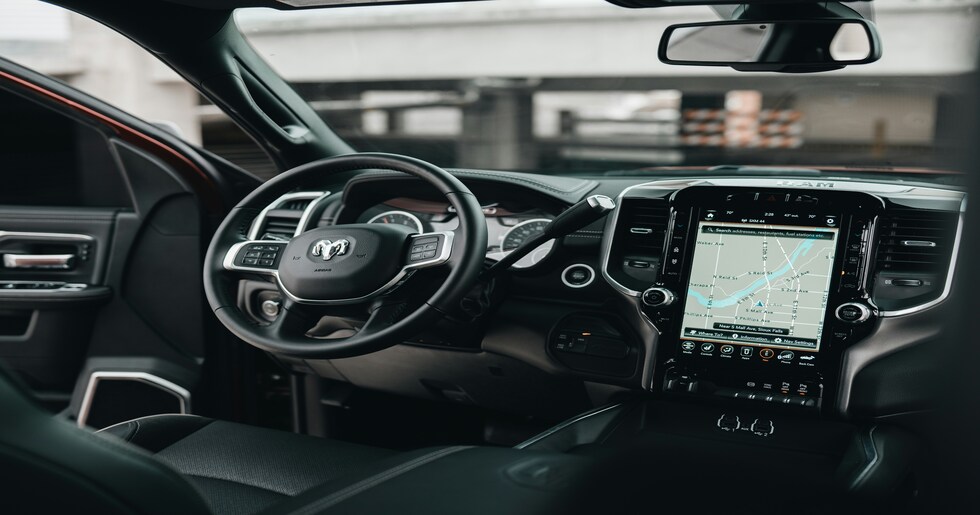Don't Overpay for Your Car Insurance
Published on May 07, 2024By Sergi C. (Contributor)
Contents


Getting the right car insurance doesn't have to cost much at all. By making sure that you are being as smart and proactive in your approach to the system is key so as not to have unnecessary costs between when signing up for Medicare Part B, or if over 65 but still working avoid an IRMAA cost. So how do you spot and get rid of waste, lower your deductible costs, why sensory prices frequently are beneficial, and ways to avoid costly automated renewals?
Identifying Unnecessary Insurance Expenses
The first step in keeping down your auto insurance prices is knowing what coverages you without and can dump. First off, you should re-examine your policy with a fine tooth comb to make sure that there are no extras on it which add hundreds of dollars / year. For instance, roadside assistance coverage might be unnecessary if you already have that service through a different plan or membership. Likewise, rental car coverage could be skipped if you otherwise have a vehicle to drive in case your own is disabled. The way to do that is simply by removing these coverages and your monthly payments will be drastically lower.
Optimizing Deductibles for Savings
Changing the dollars and cents of your deductible can have a big impact on how much is charged for your premium. Typically the higher the deductible, they lower your premium because you are agreeing to pay more of the cost out-of-pocket before their coverage starts up. On the other hand, you should select a deductible that does not leave your brain scrambled if anything were to happen so whatever amount it is make sure it is within budget. The lower the deductible, the more you will pay in premium; if your driving record is good and claims-free most of time, higher deductibles are a happy medium to cut back on costs.
The Importance of Regular Price Comparison
Comparing car insurance quotes is important if you want to get the best price possible. Insurance costs can fluctuate greatly from year to year and between providers. Spending a little time comparing rates right before your renewal may expose potential savings that would otherwise go undetected. Take advantage of online comparison tools to receive and compare several quotes as quickly as possible - just be sure you're comparing like-policies such in coverage, deductibles etc..
Avoiding Costly Automatic Renewals
Otherwise, you could find yourself falling victim to the automatic renewal trap and blowing your budget. Prices inflate when insurance companies are counting - as they do from time to time - on many customers renewing their policy without giving it a second thought. Monitor for changes in rates or terms before your policy renew automatically. Whenever possible talk to a representative (if only through chat) and see what can be negotiated in their rates, or better yet shop around for the best deal.
Maintaining Good Credit for Lower Rates
Your credit history has a large impact on your car insurance rates. According to studies showing people with good credit make fewer claims, many insurers include your credit score as part of how they set the rate for coverage. Good credit helps to secure lower insurance rates and contributes positively in many other areas of your financial health. Paying off your bills on time, not having a massive amount of debt and trying to spread out new accounts can also improve your credit score too. Keep an eye on your credit report for inaccurate information that may be hurting you in vain.
Impact of Lifestyle Factors on Insurance Premiums
Auto insurance rates can be affected by your lifestyle. For example, a change in your occupation or opting for the more flexible work from home could see miles shaved off of what you drive on daily basis and thus result in lower premiums as cars that cover fewer distance per year are deemed to be less likely involved in an accident. For instance, moving to a lower-accident-rate or crime neighborhood can lead your insurance rates in reducing. If something significant changes in your life that may impact the risk of driving, enter it for insurers. In addition to saving money, proactivity can help ensure that your coverage - and its cost - remains in proportion with what you need.
Conclusion
Paying too much for your car coverage can be avoided, but only if you know how to do the research and have a semi-annual check and adjust on the coverage of insurance that is necessary. If you follow these principles, then rest assured that you can have good coverage without burning a hole in your pocket. Make it a habit to review your policy, shop around for prices and be willing to switch insurers for the best deal so you can get value for money at all times with auto insurance.





